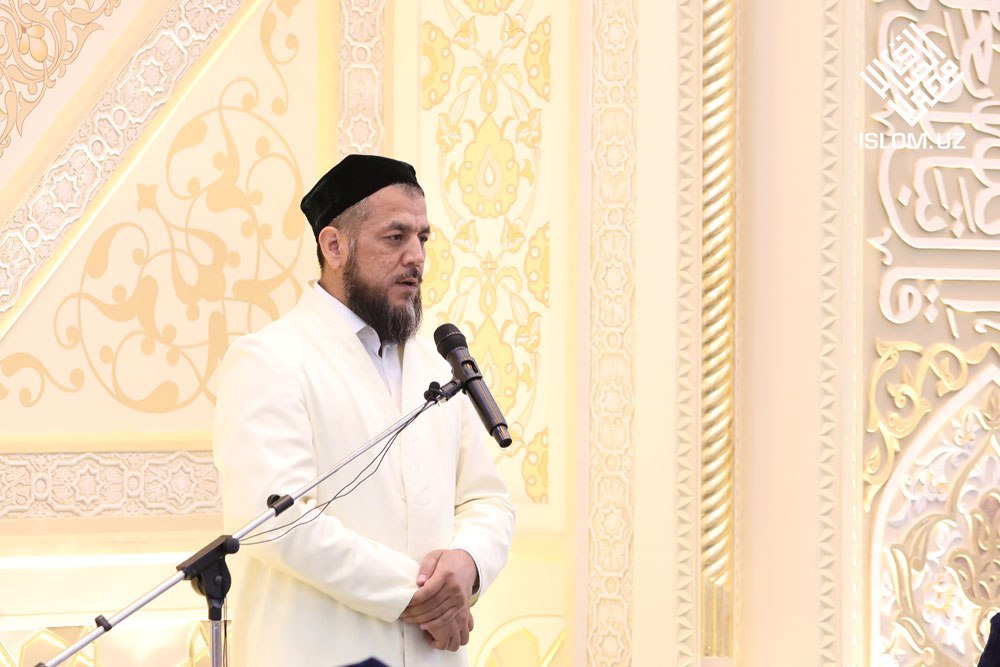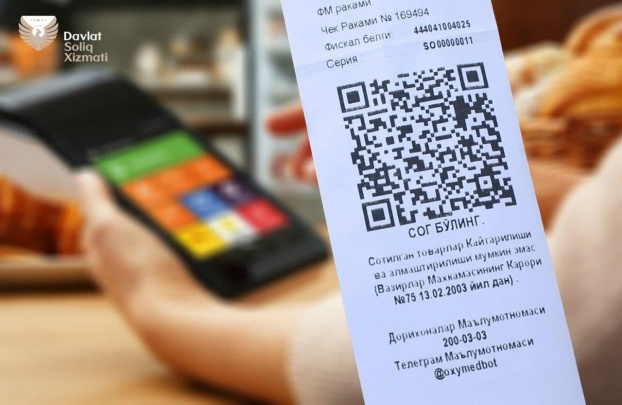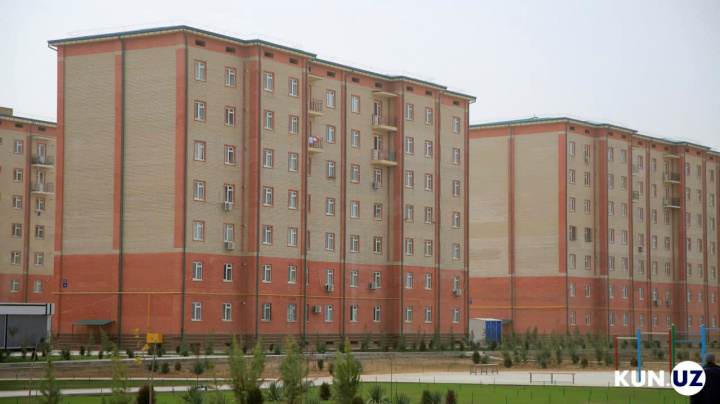Ishoqjon Begmatov resigns as imam-khatib
The Muslim Board of Uzbekistan criticized the imam-khatib's emotional statements, which caused various debates, as well as some contrary opinions regarding the fatwas of scholars.

Photo: islam.uz
Popularly known as Ishoqjon Domla, the imam of the “Imam Termizi” mosque in Tashkent, Ishoqjon Begmatov, was relieved of his duties after his speech about taxes and cashback caused controversy, the Muslim Board of Uzbekistan reported.
On August 25, at the Muslim Board of Uzbekistan, the Internal Control Commission widely discussed a number of Ishoqjon Begmatov’s speeches on the networks.
It was reported that the commission members severely criticized the imam-khatib for his sharp statements, which caused various controversies, some contrary opinions regarding the fatwas of scholars, raising controversial issues, and causing contradictions.
“The Internal Control Commission has already examined such speeches of this imam-khatib several times and warned him seriously. Unfortunately, such cases continued to recur. At the meeting, it was emphasized that these statements of I. Begmatov do not represent the attitude of the Muslim Board of Uzbekistan at all, but are his personal opinions.
I. Begmatov admitted that he made a serious mistake in his speech, which caused discussion on social networks, and expressed his regret. According to the decision of the internal control commission, Ishoqjon Begmatov was released from the post of imam-khatib of the “Imam Termizi” mosque in Tashkent, because he did not regularly comply with the requirements, internal procedures and labor obligations in this direction,” the report of the office reads.
On August 24, the religious office noted that Ishaqjon Begmatov’s speech about taxes and the use of cashback applications was causing heated debates, and noted that his views did not reflect the attitude of the Muslim Board of Uzbekistan.
“This type of activity has been studied in detail by the Fatwa Center of the Muslim Board of Uzbekistan, and a fatwa has been issued twice before about the permissibility of funds, rewards or bonuses received through applications such as cashback. Gharar (deceit) and ribo should not be mixed here.
In fact, tax is one of the foundations of the economy, financing necessary facilities for the population, such as social protection, charity work, kindergarten, school, defense, as well as the construction of important structures for many people, such as roads, bridges and hospitals, and pensions and allowances are carried out at the expense of tax revenues,” the Muslim Board said in its previous statement.
Also, the Muslim Board of Uzbekistan called on the employees of the religious sector to respect the requirements of the law and to always support the socio-economic reforms implemented for the benefit of the people.
In a video circulated on the Internet, Ishoqjon Begmatov, while answering one of the questions received, believed that those who passed the law making it mandatory for businessmen to pay cashback are oppressing shop owners.
Related News

12:35 / 02.10.2025
Cashback payments to consumers exceed UZS 900 billion since January

10:51 / 03.09.2025
Uzbekistan considers cashback system for housing purchases

15:35 / 05.05.2025
Tashkent leads in VAT cashback distribution to low-income citizens

21:54 / 05.02.2025



